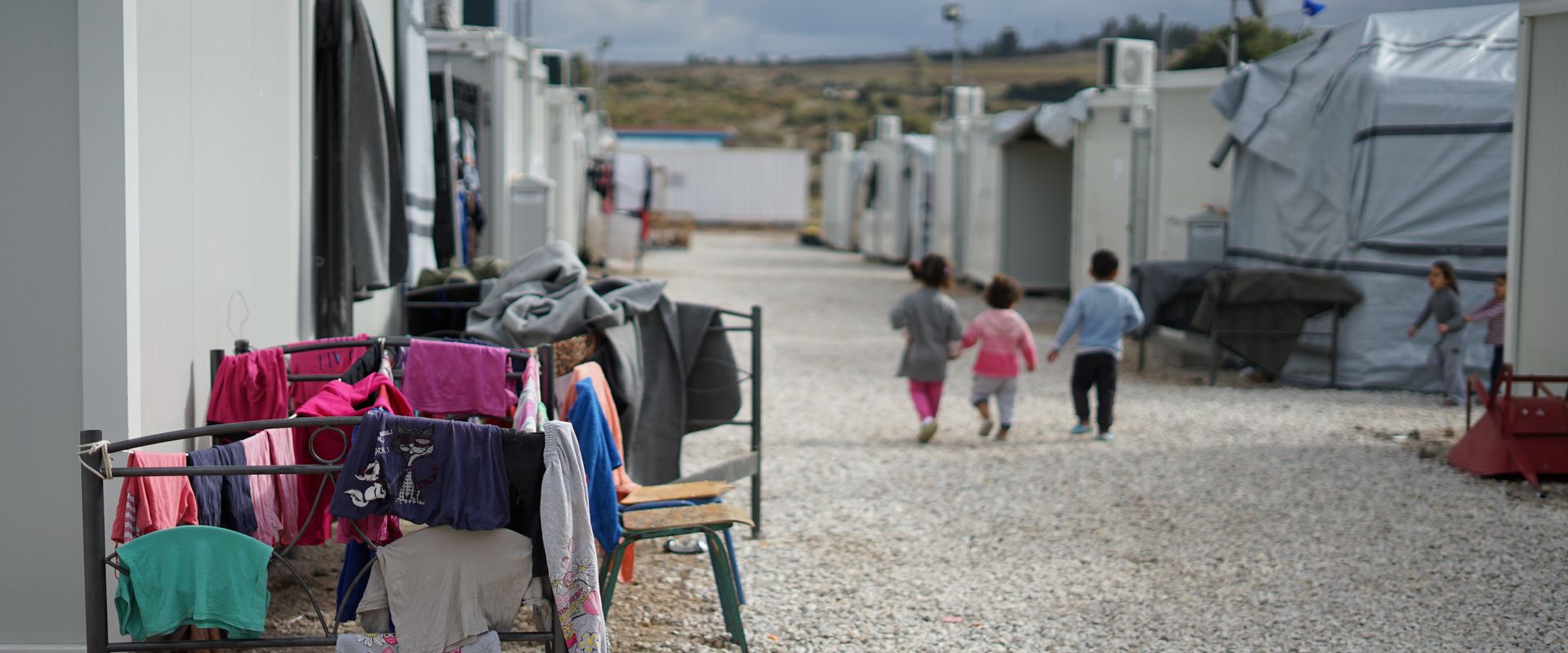We all know we’re living in a divided moment. A global pandemic has isolated us all, separated us from each other when we need connection the most. Unfortunately, the divisions do not end there. The different responses and ways of mitigating the virus’s spread have divided people even more than they were already. Add social unrest and politics to the mix, and many of us don’t know how to piece together what feels broken. Yet we also know the world around us shapes us.
Spiritual formation and discipleship aren’t isolated from social, political, or ethical formation. So what does that mean for our political moment and for loving your neighbor?
Political formation occurs in the local church
A new book by Kaitlyn Schiess will help readers better understand the world of politics and how they can spiritually form us for our neighbor’s benefit. Schiess’s goal for her new book, The Liturgy of Politics: Spiritual Formation for the Sake of Our Neighbor, is to point Christians back to foundational truths about the mission of God’s people in the world to help us understand our role in the public square and to help pastors understand the political formation of the people in the local church. In the book’s opening chapter, Schiess quotes Andy Crouch’s interview with Jemar Tisby and Tyler Burns regarding Crouch’s book, Strong and Weak: Embracing a Life of Love, Risk and True Flourishing. Crouch describes the unbalanced alliance between religious conservatives and the Republican party, which Schiess quotes:
Evangelicals who felt their cultural power was waning sought out a source of power to give them authority again. But the Religious Right would never truly benefit from the deal because, as Crouch explains, this is how idols work. Idols ‘work less and less well, and they actually demand more and more of you until eventually, when the idol has totally taken over your life, it’s not giving you anything it promised at the beginning, and it’s asking you to totally abdicate your image-bearing identity,’ (emphasis mine).
Most of us have also experienced Christians who are often in favor of the idea of messy conversations, but do not want to risk actually bringing up sticky subjects, including politics. Schiess makes a good point to define the word “political,” writing
This word [political] primarily indicates government functions — elections, legislation, court decisions, and so on. But delineating what pertains to the government and what doesn’t is a messy business. Our common life together will always involve the government in some way.
She describes different parts of our lives, including our neighborhoods, schools, stores, the food we buy, the cars we drive, our communities’ racial makeup, and their connections to the government. These connections are not bad in themselves; they reflect the realities of our society.
Love your neighbor — and congregants — through engagement
If we want to show God’s love for our neighbors, this concern will raise political questions. Schiess’s solution is not for Christians to isolate themselves, disengage from the political process, and wait for the rapture. We have work to do. The question is, how do we engage as people of faith with a view toward our community’s flourishing? To answer this question, Schiess has organized a journey for us to examine the liturgies that form us, our loves, and “in ways that have consequences for how I treat my neighbor, sometimes through my political participation?”
Whether we realize it or not, we are engaging in liturgies that form us daily. The problem is there are some practices we unintentionally participate in, and those develop us, too. Schiess helps readers see these practices and the connection between spiritual formation and political practice. This understanding is critical to seeing “how we are politically formed in spiritual directions and how we are spiritually formed in political directions.” In a recent interview with Schiess, she emphasized the need for pastors to engage with these ideas with their congregants.
The church should be the political center of Christians’ lives. It is a training ground for our work in the world, the place of our primary identity and community, and an institution oriented outside itself — to the life of the world. It might sound like a cop-out, but I don’t think we often sufficiently grasp this reality.Pastors have an incredibly important role in shaping the political lives of their people because they have an incredibly important role in shaping the spiritual lives of their people, which is to say, their whole lives. If pastors want to engage their people politically, they should start by grappling with the inherently political nature of their weekly proclamation: Jesus is Lord (and so Caesar or Trump or Biden is not). We, the people of the church, need our pastors to tell us the truth, not shying away from passages that step on our political toes but leaning into the uncomfortable truths that will ultimately set us free of the idols strangling us.
Schiess and InterVarsity Press have prepared some information for pastors wanting to bring this perspective on political engagement alive in their context. Here are a few practices you and your congregation could try amid this election season.
Pushing back darkness beyond an election
If you still wonder if politics is essential for you to discuss as a pastor, consider Michael Wear’s words in the forward to The Liturgy of Politics: “If we are to live as if that which we uphold as true is actually true, it must be reflected in our public lives, not just our personal lives and relationships. Our lives are not merely private; they are public too. As citizens, our lives are inescapably political.” Read slowly, as Schiess will write some things you agree with, some you don’t, and some you’re not sure about. Allow yourself the time to consider and pray about what she says, asking the Holy Spirit to guide and direct your thoughts and actions.
The work of God in the hearts of women and men of faith is vast and will not be accomplished overnight. We need to allow the Spirit space and time to prompt, convict, and shape us into the people God wants to use to usher foretastes of the future kingdom through kingdom work into this present world; to push back the darkness. The good news of the gospel is that God has pushed back this darkness ultimately and allows us to participate in that work each day as we do our work for the sake of our neighbors, communities, cities, and the world.




